New director of S.F.’s disability and aging services’ department wants to make its vast array of programs more accessible to public
Shortly before the pandemic shut down the city, Kelly Dearman and her 90-year-old father left their Cole Valley home and headed for Rosa Parks Elementary School. The father and daughter duo were at the school to read stories to a group of second graders.
But the elder Dearman, retired Judge John Dearman, has vision problems, and rather than read he sat and told stories about his life for an hour. “The kids were fascinated with the things they had never heard about,” Kelly Dearman recalled during a recent interview. “At the end, he asked for questions and one student asked ‘Will you be back after lunch?’ It was fantastic; we need to do more of that.”
Three months later, San Francisco Mayor London Breed named Dearman executive director of the city’s Department of Disability and Aging Services, and the lesson she learned at Rosa Parks has become part of her managerial agenda.
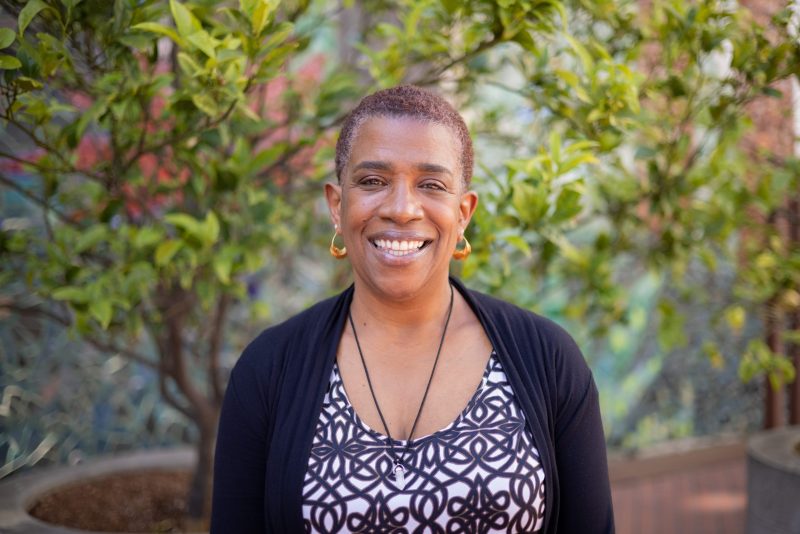
“I think it is really important for us to not lose all the stories and the histories from older adults,” she said. Finding programmatic ways to further the inclusion of seniors and people with disabilities into the social life of the city will be one of Dearman’s priorities as she settles into her new position.
The job, which pays $250,000 a year, is a big one. DAS, as the department is often called, has a budget of $418 million, 372 employees and partners with more than 60 community-based organizations.
DAS needs to be big. According to the latest census, there are 134,590 people over 65 in San Francisco or somewhat more than 15 percent of the population. Seniors are one of the fastest-growing segments, and by 2030 people over 60 will account for about 30 percent of city residents, DAS projects.
DAS and its partners provide a wide array of services. They include access to food, health insurance, and other benefits and programs such as in-home care and supportive services. The agency also provides protective services that help prevent neglect and abuse; and assistance with technology, transportation, and programs to prevent isolation.
Asked what has surprised her in her first months on the job, Dearman thought a moment and said: “What surprised me most is the magnitude of the services that we offer here, the magnitude of the job. The amount of knowledge that I need to absorb is a lot. And as I keep saying to everyone, I feel like I’ve been drinking from a firehose for the last four months.”
A guide for one-stop shopping
Although DAS touches the lives of tens of thousands of seniors and San Franciscans with disabilities, the department has a notably low profile. Dearman’s appointment, for example, wasn’t reported by the San Francisco Chronicle. And its myriad of programs and activities are not always known to the people who need them the most.
That information gap is apparent to Dearman, and narrowing it, she says, is an important priority. “I think that is an area where we can improve.” One solution in the works: An online resource guide that would allow someone in need of services to find them in one stop.
Of course, not everyone, particularly low-income people and residents of SROs, has broadband access, a difficulty Dearman acknowledges and finds somewhat frustrating. “I know that people much higher up than me are working on this whole broadband issue and how to make sure that the city has Wi-Fi available for all, but it seems like a really slow process,” she said.
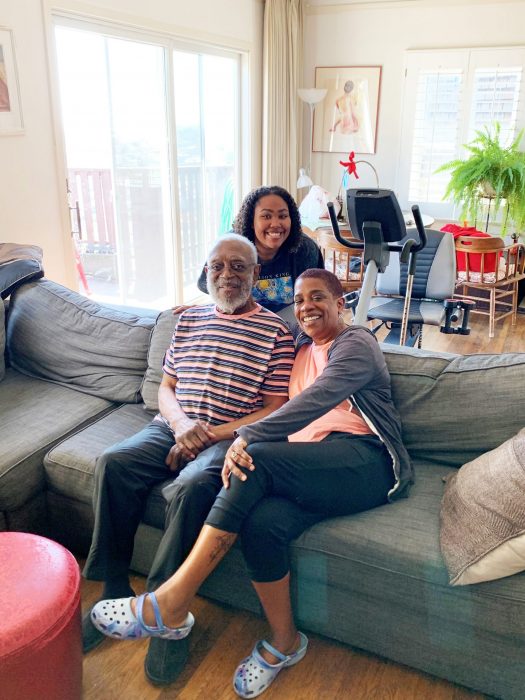
The department has worked to reach out to people of color and the LGTBQ community to be sure they are aware of its services. Continuing that effort — and reaching out to people without broadband — is high on Dearman’s to-do list, she said.
The pandemic stressed San Francisco’s government in many ways, and DAS was forced to shift gears rapidly. For example, the department revamped its meals programs, moving its communal dining services to takeaway while increasing the number of meals served every month by 36 percent, according to Dearman.
Staffers conducted 30,000 wellness visits during the pandemic and vaccinated 24,000 people, Dearman said during a talk to the Interfaith Council in late September. (Dearman acknowledged that much of the department’s work during the pandemic was led by her predecessor, Shireen McSpadden, now director of the Department of Homelessness and Supportive Housing.)
What are some of the key lessons learned by the agency during the pandemic?
“We can take away a lot of the bureaucracy and get things done really fast when we need to,” Dearman said. One example: Many recipients who need to be reassessed every year can now do so by phone, instead of in person. That’s not only more convenient for the recipients, it frees up time for social workers to focus on more difficult cases, she said.
Fighting senior isolation
“We also learned how important and pervasive isolation can be, and we really need to focus on that,” Dearman said. One way: Programs that put seniors and younger people together. Each One Teach One, a music program supported by DAS and the Mission Neighborhood Centers, is a percussion and singing class in which older adults learn songs and musical skills and share what they learn with preschool children and their parents.
Recruiting caregivers skilled in gerontology is essential, but difficult, Dearman said. “I think we all now recognize the need for caregivers and how they really are the frontline workers and because of them so many people did not end up in the hospital.”
At least 90 percent – and likely more – of DAS’s employees had been vaccinated by early October, and while there’s no official count of vaccination among employees of partner organizations, Dearman believes most have complied with the city mandate.
Now 57, Dearman has more than 15 years of experience developing policies and services for seniors and the disabled. Before joining DAS, she was executive director of the San Francisco In-Home Supportive Services Public Authority and earlier was president of the San Francisco Human Services Commission.
Dearman has a bachelor’s degree from the University of California-Berkeley, a law degree from UC-Hastings, and a master’s in public policy from Rutgers University. She ran a small law practice specializing in elder issues and probate law for 10 years.
Her embrace of intergenerational contacts and relationships is more than just professional. She lives with her husband, parents and two grown children in the Cole Valley house she grew up in. “Raising my kids with parents in the same home led to countless invaluable conversations and experiences,” she said. “It’s an opportunity for kids not to be afraid of the aging process and gives my parents the opportunity to see the next generation grow up.”
(Cover Photo by Dwight Moore.)



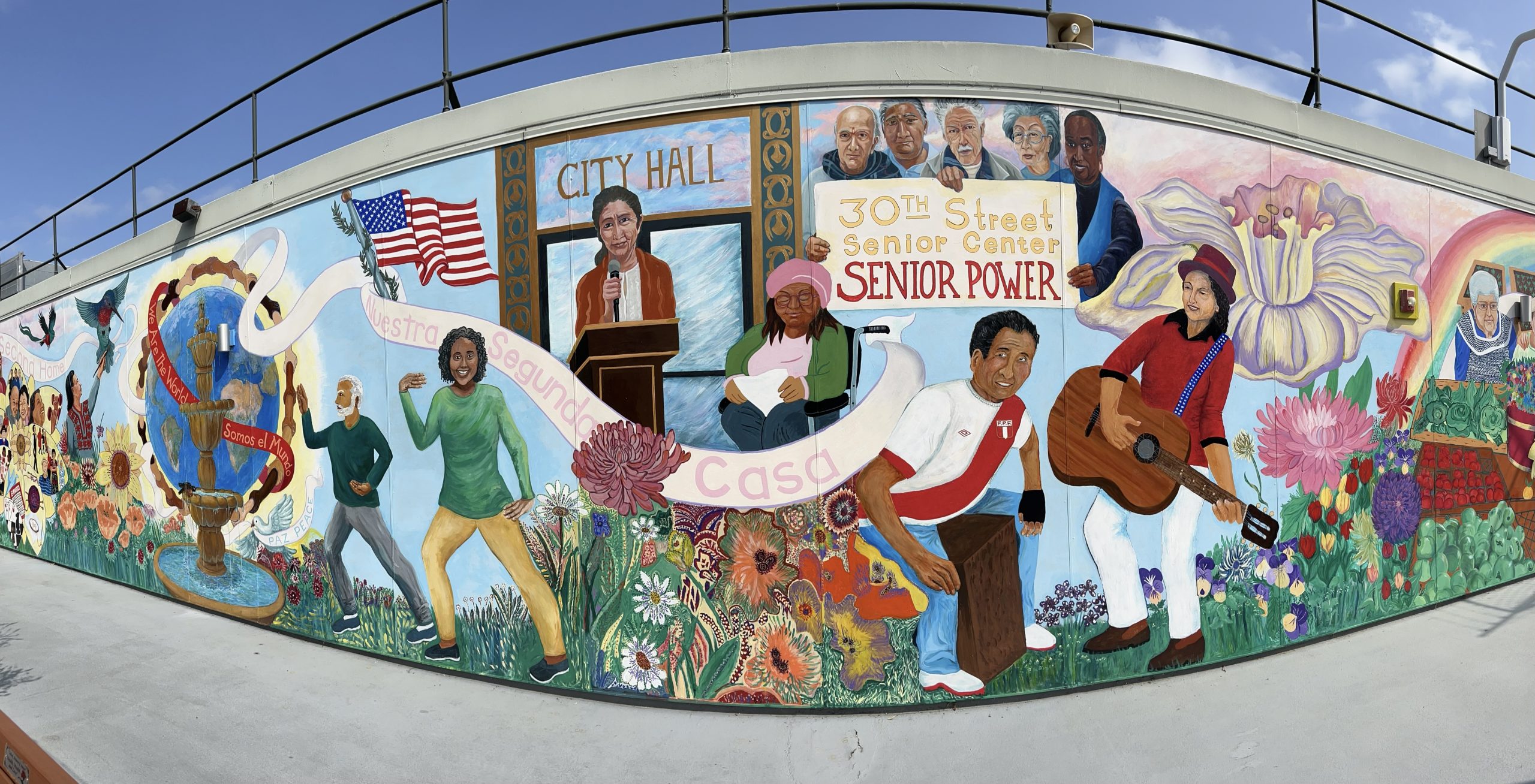
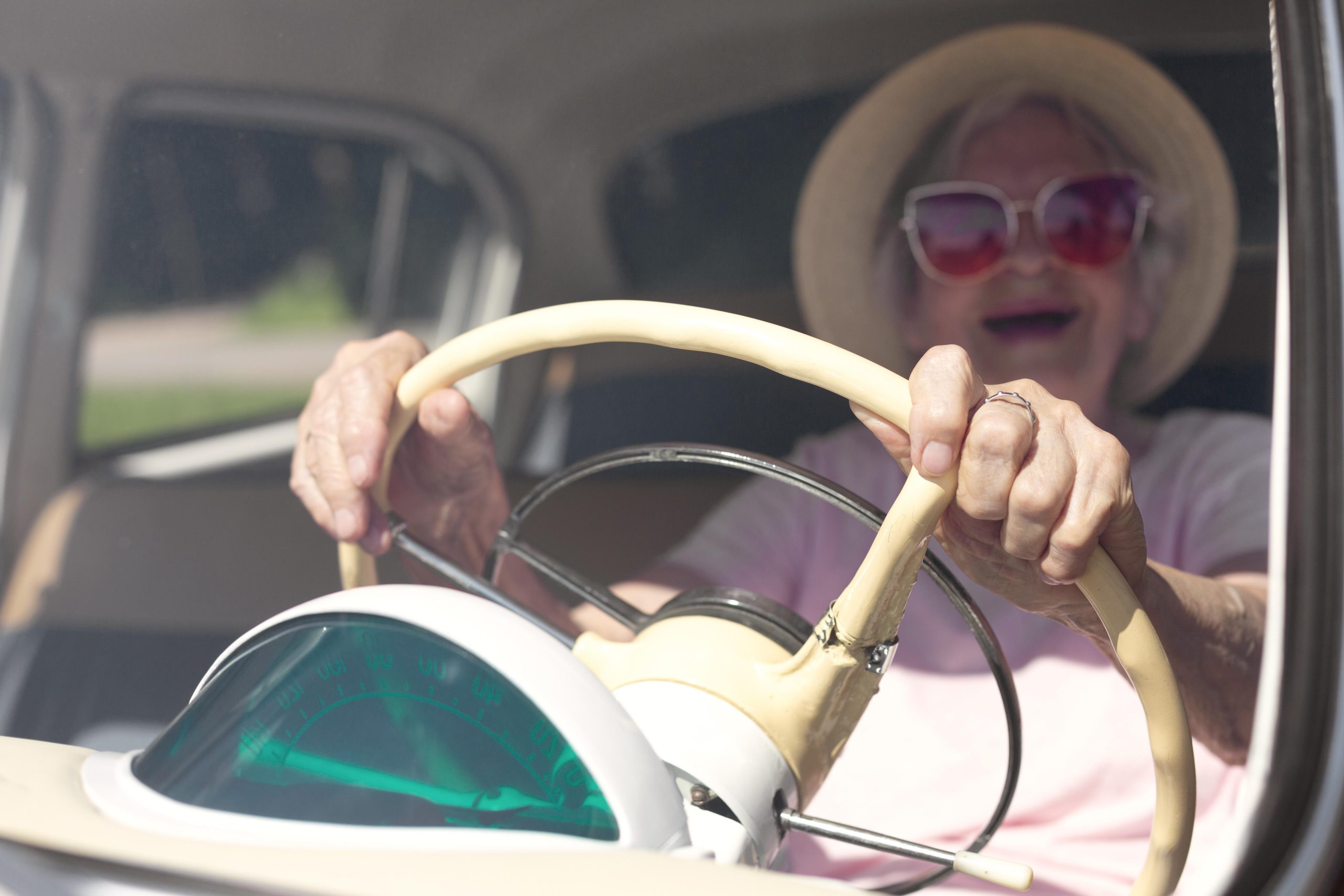
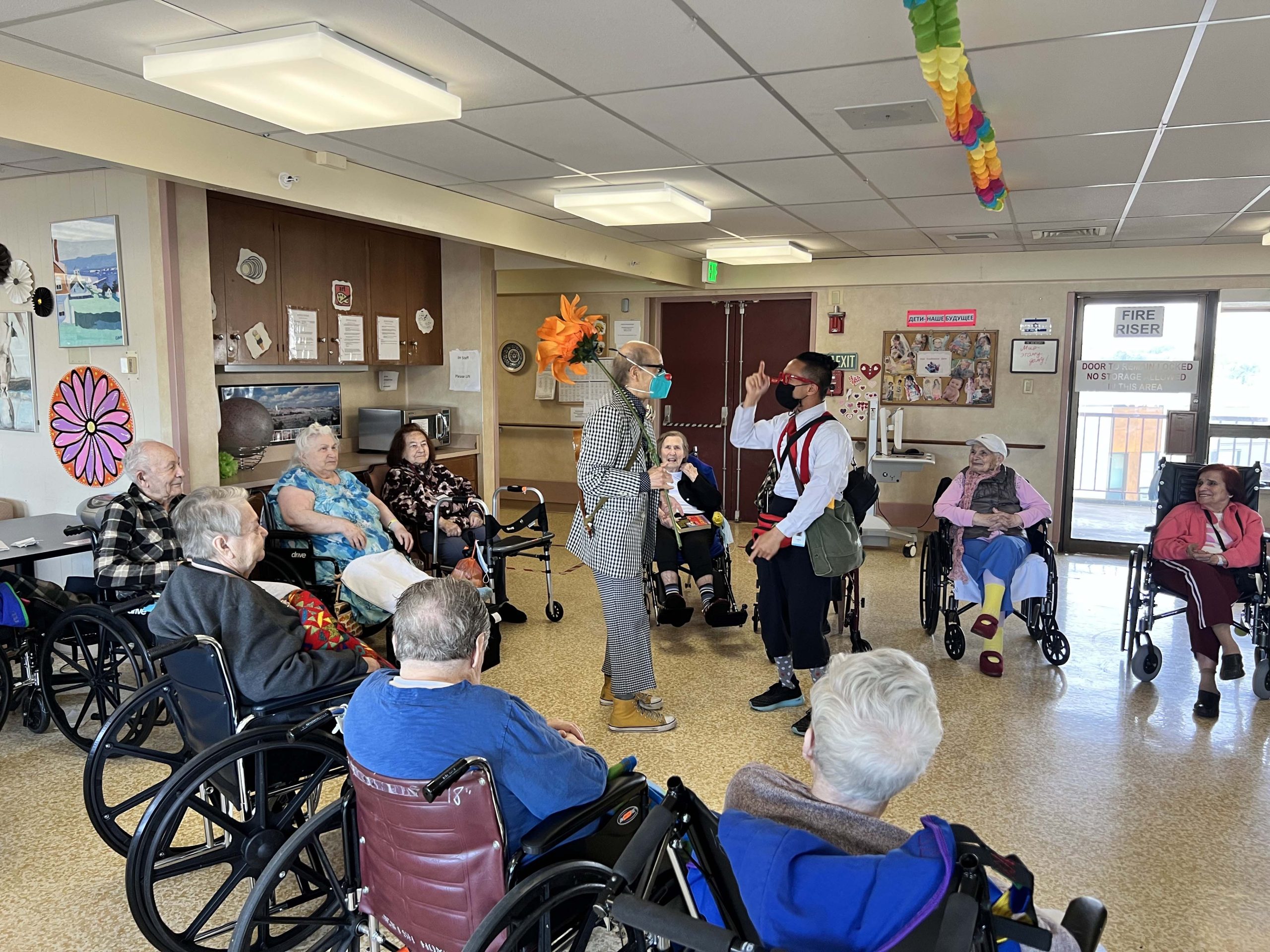
Eahr Joan
Locate links for the disabled & 80 plus. re. San Francisco transportation?